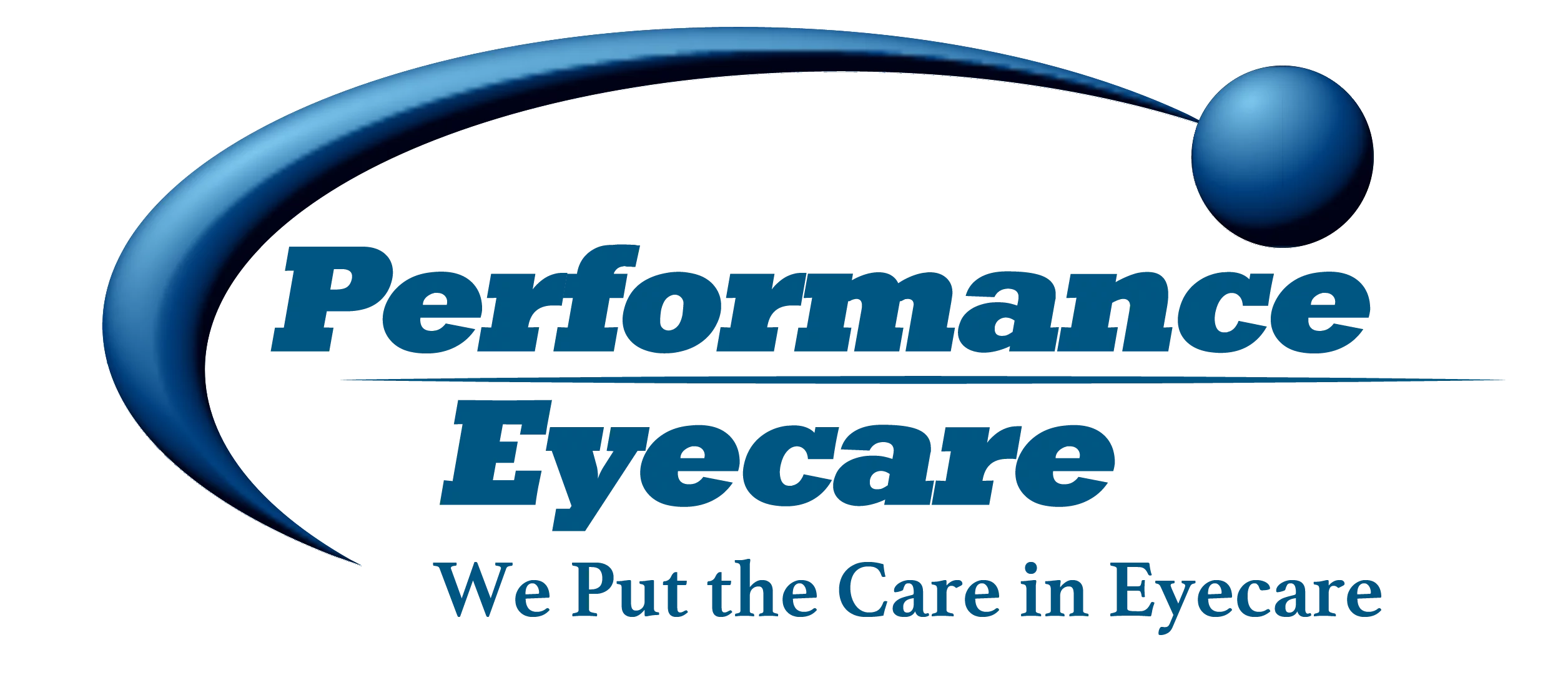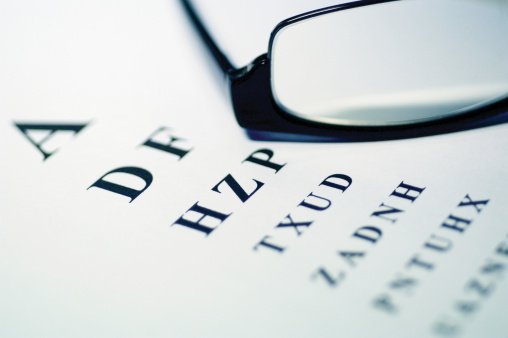2025 Build Your Dream Scholarship Winner
The Performance Eyecare team is excited to introduce you to our 2025 scholarship recipient, Deon Harrington, of Godfrey, Illinois! Deon is deeply passionate about helping others, a drive that stems from his personal experiences growing up with a brother diagnosed with autism. Through witnessing his brother overcome challenges and volunteering with the local Special Olympics … Read more

